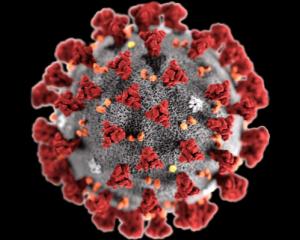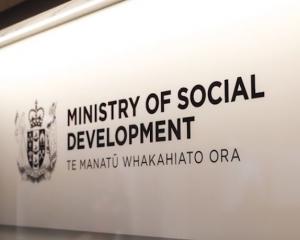
Politicians on both sides of the aisle are accusing each other of trying to manipulate voting laws to boost their chances at the next election.
Justice Minister Andrew Little yesterday announced the Government would introduce legislation allowing people to enrol on election day next year.
Roughly 19,000 voters had their ballots disallowed last election day because they had failed to register to vote beforehand.
National MP Nick Smith told RNZ today the move was a "stitch-up" because same-day enrolment favoured left-wing parties.
"The Government is simply cherry-picking electoral law changes that will improve its own chances of re-election in 2020," Dr Smith said.
"That should really raise the hairs on the back of those people who want our democracy to have integrity."

Dr Smith said ministers had not consulted National despite long-standing conventions. He warned the move came with a host of potential problems.
For example, the commission has previously cautioned that the proposal would increase staff workload and could delay the official vote count, as well as potentially discouraging people from enroling early.
That said, the commission has endorsed same-day enrolment in principle and has recommended it be introduced for the 2023 election.
Mr Little rejected suggestions his proposed law changes favoured any particular party.
"People from all walks of life and different ends of the political spectrum forget to enrol or don't get round to enrolling or re-enrolling, so this will benefit voters generally."
Mr Little told Morning Report it was about making sure the rules were the same for every voter, and any concerns could be able to be debated in the select committee process.
"It does go to a bipartisan committee - it goes to a select committee," he said.

"If the National Party would like to impede the votes of those who may not vote for them, that's really problematic," she said.
"Hopefully, that's not why this change hasn't been made until now, but we're proud to make it easier for any New Zealander who would like to vote to cast a vote on election day."

"We have a democracy that we're very proud of in New Zealand and it's important that everyone gets to have access to it in an equal way."
Law professor Andrew Geddis, from the University of Otago, said the political parties' positions were unsurprising because electoral law changes were rarely neutral.
"Rules are either going to benefit one side or the other. If National wants to keep them in place, they're just as open to allegations that they're doing so purely because they want to protect their own position."
Prof Geddis said, for his part, he believed the current law was "disrespectful" to voters and did not make any sense.
"We have a bureaucratic rule that says, 'sorry, on this one particular day you're not allowed to enrol'... even though you could have done so during the entire advance voting period before it."
The proposed law change would also allow ballot boxes to be placed in supermarkets and malls, and make it easier to vote from overseas.











